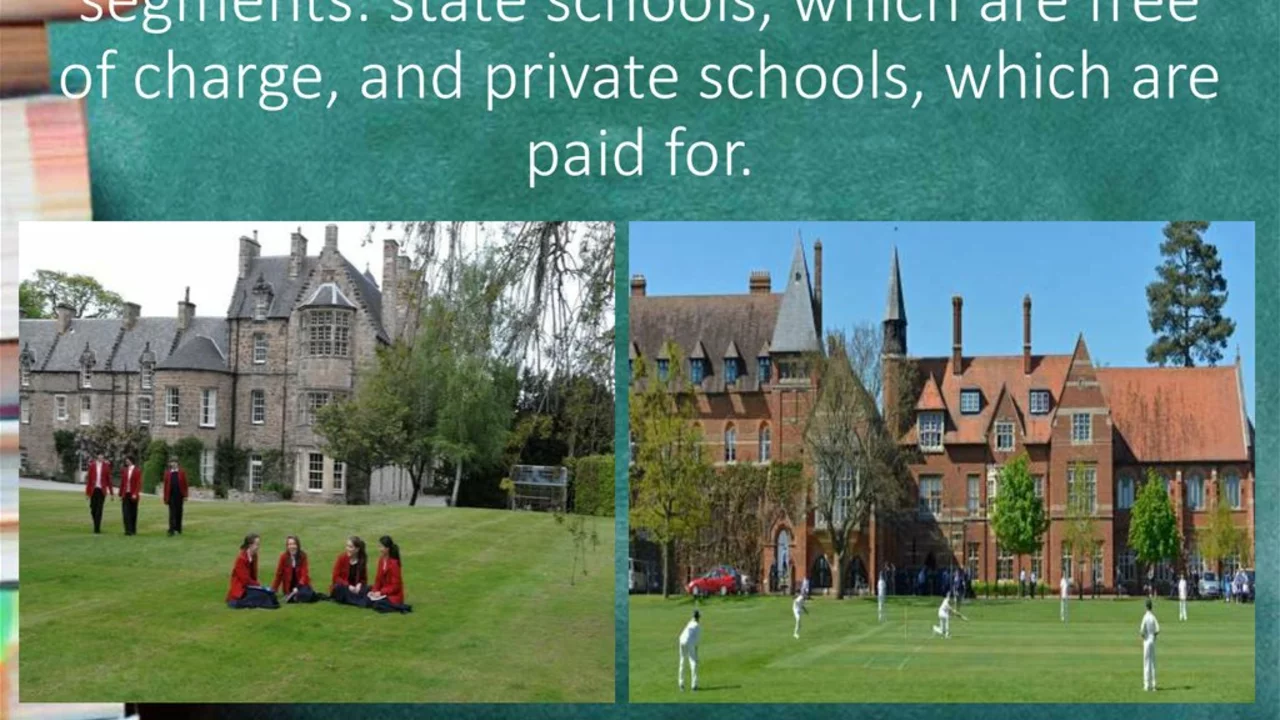July 2023 Archive: Special Education, Loan Tips & US Education Business
Welcome to the July 2023 roundup on EduHelps India. In just three posts we covered three very different questions that pop up a lot: can a teacher send a child to special education, can you take a personal loan while you already have an education loan, and why does the US education system look more like a corporation than a classroom? Let’s break down each answer so you can walk away with clear, practical takeaways.
Can a Teacher Refer a Child for Special Education?
Short answer: absolutely, yes. Teachers are often the first to notice that a student is struggling with the standard curriculum. When they see signs – like a consistent drop in grades, trouble following instructions, or social challenges – they can fill out a referral form and pass it to the school’s special‑education team.
The process usually goes like this: the teacher completes a referral, the school schedules an evaluation, and a team of specialists decides if the child qualifies for extra support. It’s not a black‑box decision; parents are kept in the loop and can ask questions at every step. If you’re a parent, don’t hesitate to ask your child’s teacher what signs they’re watching for and how the referral process works at your school.
Can I Get a Personal Loan If I Have an Education Loan?
Yes, you can, but the key factors are your credit score, income, and debt‑to‑income ratio. Lenders will look at how much you already owe for your education loan and whether you can handle another monthly payment.
Here’s a quick checklist before you apply:
- Check your credit score – a score above 700 usually puts you in a good position.
- Calculate your debt‑to‑income ratio – keep it below 40% for better approval odds.
- Make sure the personal loan’s purpose is clear – lenders like to see a concrete reason, whether it’s home improvement or clearing high‑interest credit‑card debt.
If the numbers look solid, go ahead and shop around for the best interest rate. But remember, adding more debt can affect your credit future, so weigh the need against the cost.
Why Is the Education System in the US a Big Business?
The US education landscape has turned profit‑driven for several reasons. First, tuition fees at many colleges have skyrocketed, making higher education a major revenue stream. Second, the market for textbooks, digital platforms, and campus services is huge – companies see students as customers.
Privatization adds another layer. Charter schools and for‑profit universities operate with business models that prioritize enrollment numbers and brand reputation. Online learning platforms, too, rake in big bucks by offering subscription‑based courses.
All of this means tuition, textbooks, and tech fees keep climbing, and students often graduate with sizable debt. If you’re eyeing a US degree, factor these costs into your planning and look for scholarships, community colleges, or open‑source learning resources to keep expenses in check.
That’s the July 2023 archive in a nutshell. Whether you’re a teacher, a borrower, or just curious about education trends, we hope these quick guides give you the confidence to ask the right questions and take the next step.
- Maxwell Harrington
- 0 Comments
Can a teacher refer a child for special education?
Well, folks, here's a fun fact: teachers can indeed play referee in the special education league! They can spot signs that a student might benefit from a different learning approach and pass that ball to the special education team. It's like teachers have a sixth sense, a "special-ed" sense if you will, to notice when a kiddo might be struggling and could use an extra assist. The whole process is as smooth as butter on hot toast - very cool, right? So, if you've ever wondered "Can a teacher refer a child for special education?" the answer is a big, resounding YES!
View More- Maxwell Harrington
- 0 Comments
Can I get a personal loan if I have an education loan?
Absolutely, having an education loan doesn't necessarily bar you from obtaining a personal loan. It all comes down to your credit score, income, and debt-to-income ratio. Lenders will evaluate your financial stability and ability to repay both loans simultaneously. However, remember that taking on more debt could potentially strain your finances and impact your credit score. Always weigh the pros and cons before applying for additional loans.
View More- Maxwell Harrington
- 0 Comments
Why is the education system in the US a big business?
The education system in the US has turned into a big business due to a variety of factors. High tuition fees, especially for colleges and universities, generate massive profits. The growing demand for educational resources, textbooks, and technology all contribute to this business model. The privatization of schools and the proliferation of online learning platforms have further commercialized education. It's a complex issue that raises questions about the very purpose and value of education.
View More

